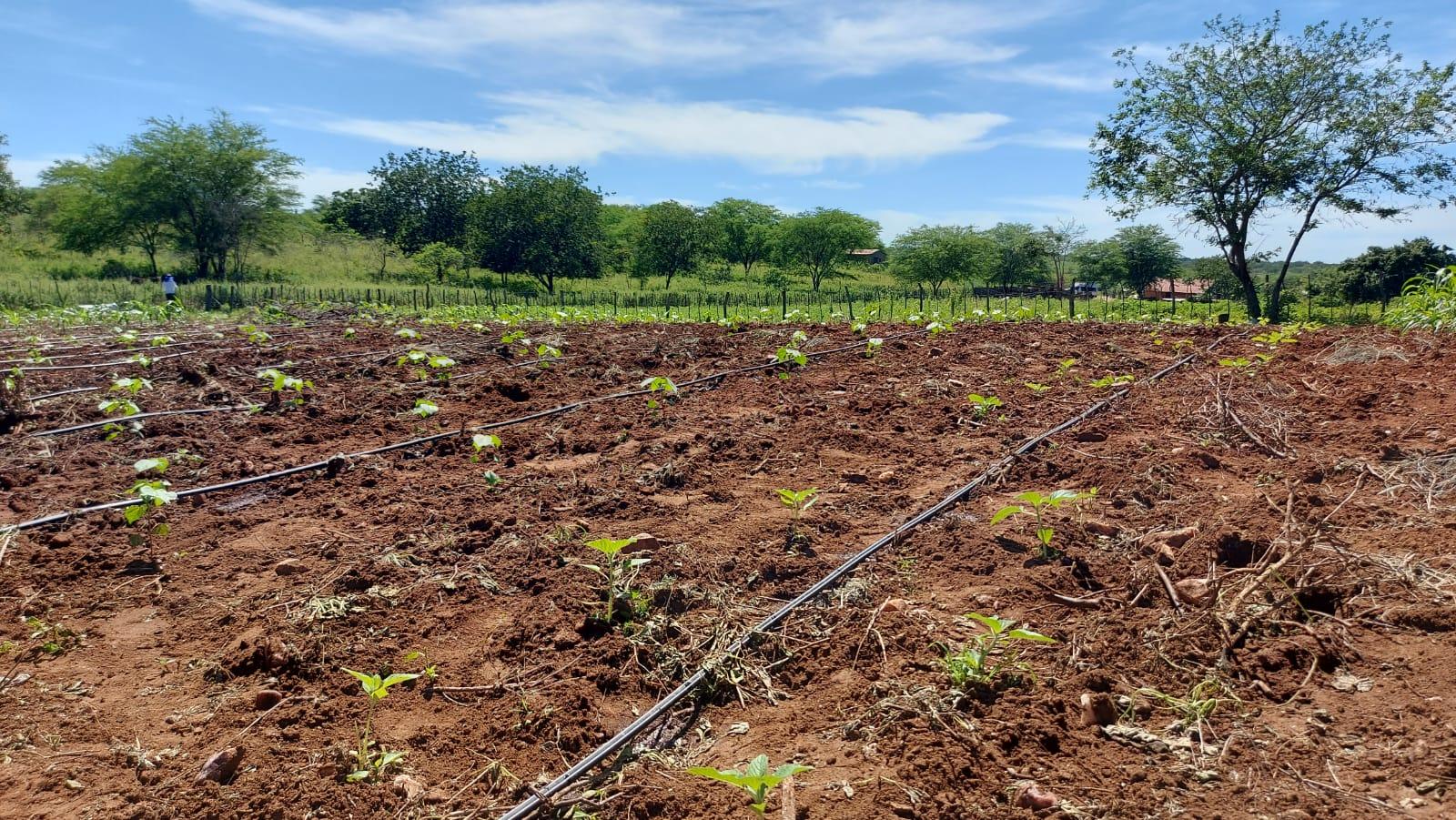
About
The Sertão do Apodi, in Rio Grande do Norte, is a territory composed of 17 municipalities that stand out for the strong presence of family farming, with special relevance to the red rice characteristic of the region, for the community organization and for the diversity of its natural resources. The territory is recognized for consolidated experiences of coexistence with the semi-arid region, driven by social technologies aimed at agroecological production and the strengthening of the solidarity economy. The cultural heritage of the Sertão do Apodi remains alive in musical manifestations, handicrafts, cuisine and collective practices of work and social organization.
It is in this context that the PPI Pact of the Sertão do Apodi emerges, a multisectoral territorial initiative that seeks to promote sustainable development from the landscape approach. The pact integrates efforts of the government, the private sector and civil society around a common vision, aligned with the pillars of the Caatinga Roots Program: Produce (https://youtu.be/Rb4Y9RI3BCs), Protect ( https://youtu.be/Ae2JEyt89LI) and Include (https://youtu.be/Rb4Y9RI3BCs). Its purpose is to articulate actions that promote sustainable production, the conservation of the Caatinga biome and the socio-productive inclusion of women, young people and rural communities.
Currently in the consolidation phase, the PPI Pact of the Sertão do Apodi has a participatory governance formed by civil society organizations, cooperatives, farmers, social movements, public institutions and community initiatives. This collective space plays a central role in the agreement of priorities, in strategic alignment and in the monitoring of the goals defined by the territory.
The vision until 2027 is to consolidate the Sertão do Apodi as a reference in sustainable production practices, with the strengthening of local production chains, rational use of natural resources and appreciation of the ways of life of the semi-arid region. The pact seeks to promote the dignified permanence of families in the countryside, expanding the protagonism of the subjects of the territory and promoting structuring solutions for local development.
The main production chains worked in the territory are red rice, goat farming, beekeeping and agroecological cotton. These chains have been the focus of integrated actions aimed at technical qualification, access to markets, value addition, inclusion of women and young people, and the adoption of sustainable practices. The objective is to strengthen the local economy and promote a fair, resilient and lasting development model

